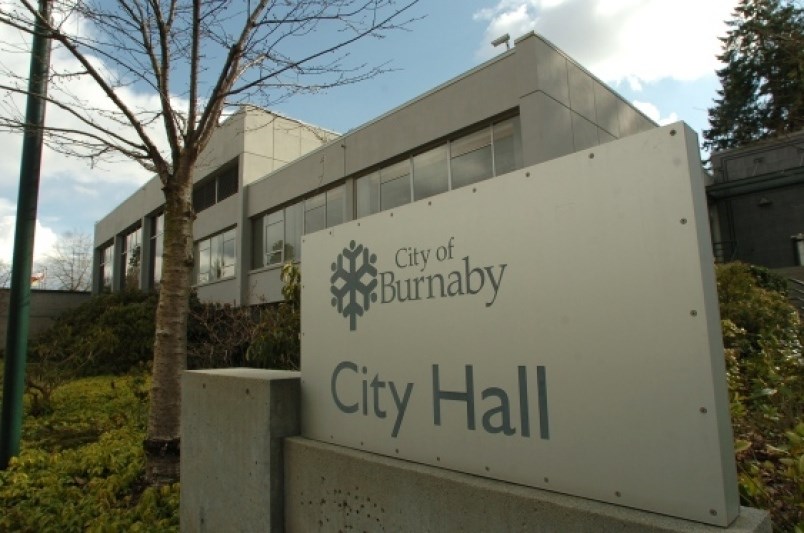This article was originally published on Tuesday and has since been updated.
The City of Burnaby has laid off more than 1,500 staff in order to reconcile an increasingly dire gap between revenues and expenditures.
Rumours circulating among staff suggested the number could reach that high, though Mayor Mike Hurley would only say earlier this week the layoffs would likely impact more than 1,000 employees. He did, however, say the layoffs would hit the parks and recreation department, where many facilities have closed, the hardest.
CUPE Local 23, the union representing most city employees, confirmed Wednesday afternoon that more than 1,500 employees had been laid off earlier that day, but couldn’t provide an exact number.
The layoffs represent a staggering portion of the city’s payroll. According to the 2018 statement of financial information, published last summer, the city employed just shy of 4,000 people, including full-time and part-time staff – that adds up to nearly two-fifths of all staff being laid off.
All this comes as the city is losing millions of dollars each month, according to Hurley.
Mayor Kennedy Stewart in Vancouver and Hurley’s peers across Canada have also said they are looking at serious financial woes, including the potential for bankruptcy.
In a statement over the weekend, Stewart published figures from a Research Co. poll that found more than half of homeowners anticipate not paying their full property tax bill. Up to a quarter could default on their bills entirely, a figure Stewart said could devastate the city’s finances and lead to a serious risk of insolvency.
While Stewart pleaded for senior government assistance to help cities get through the financial downturn, Hurley said he wasn’t optimistic about the provincial or federal governments offering that help, as they navigate their own financial issues.
But while Hurley said the Research Co. figures presented by Stewart likely translated evenly over to Burnaby, he also said he wasn’t as concerned “at this stage” about the City of Burnaby risking bankruptcy.
“Not unless this goes on for a long, long time. I think we’re OK,” he said. “Nine months would be a long, long time, so if it went to the end of the year. Then we would start taking some serious hits.”
Beyond residential property taxes, Hurley said a major concern is the city’s small businesses, many of which have had to close their doors during the pandemic. The big question is how many will remain closed permanently.
“I think a lot of small businesses won’t be able to recover,” Hurley said.
This is particularly concerning, as commercial property taxes are a much higher rate than residential properties.
Hurley said the federal government’s 75% wage subsidy “should help” some of the small businesses to stay afloat, which could keep some of the money flowing to the city.
“I can’t even imagine what it’s like in the federal government right now, trying to … get a handle on all the moving parts. It’s got to be quite a task,” he said.
“I’d like to see them simplify things. … There’s so many different programs out there now. I would like to see all that folded into one and simplifying the way that people can access and in a way that businesses can understand what they’re actually doing.”
While some banks have begun to offer deferrals on loan payments, Hurley said financial institutions have not done enough to help their customers.
“They need to be part of the solution, too. They’ve made a lot of money for a lot of years,” he said.



